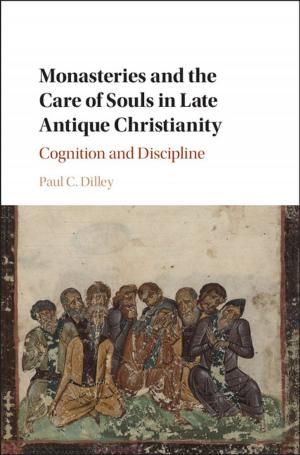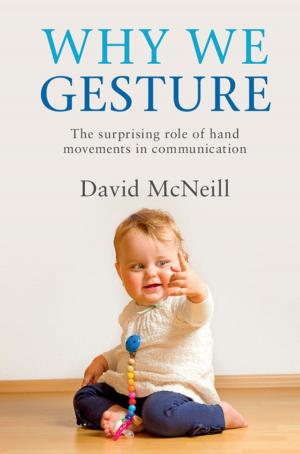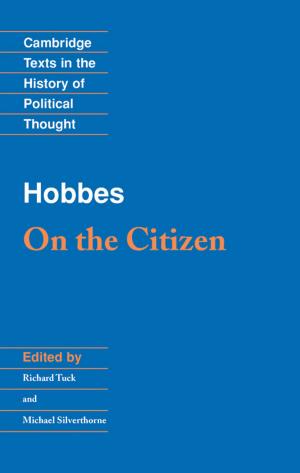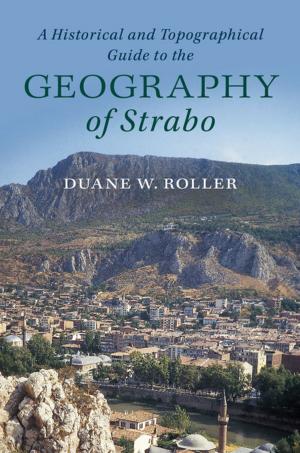Animal Fables after Darwin
Literature, Speciesism, and Metaphor
Fiction & Literature, Literary Theory & Criticism, British, Theory| Author: | Chris Danta | ISBN: | 9781108664578 |
| Publisher: | Cambridge University Press | Publication: | July 31, 2018 |
| Imprint: | Cambridge University Press | Language: | English |
| Author: | Chris Danta |
| ISBN: | 9781108664578 |
| Publisher: | Cambridge University Press |
| Publication: | July 31, 2018 |
| Imprint: | Cambridge University Press |
| Language: | English |
The ancient form of the animal fable, in which the characteristics of humans and animals are playfully and educationally intertwined, took on a wholly new meaning after Darwin's theory of evolution changed forever the relationship between humans and animals. In this original study, Chris Danta provides an important and original account of how the fable was adopted and re-adapted by nineteenth- and twentieth-century authors to challenge traditional views of species hierarchy. The rise of the biological sciences in the second half of the nineteenth century provided literary writers such as Robert Louis Stevenson, H. G. Wells, Franz Kafka, Angela Carter and J. M. Coetzee with new material for the fable. By interrogating the form of the fable, and through it the idea of human exceptionalism, writers asked new questions about the place of the human in relation to its biological milieu.
The ancient form of the animal fable, in which the characteristics of humans and animals are playfully and educationally intertwined, took on a wholly new meaning after Darwin's theory of evolution changed forever the relationship between humans and animals. In this original study, Chris Danta provides an important and original account of how the fable was adopted and re-adapted by nineteenth- and twentieth-century authors to challenge traditional views of species hierarchy. The rise of the biological sciences in the second half of the nineteenth century provided literary writers such as Robert Louis Stevenson, H. G. Wells, Franz Kafka, Angela Carter and J. M. Coetzee with new material for the fable. By interrogating the form of the fable, and through it the idea of human exceptionalism, writers asked new questions about the place of the human in relation to its biological milieu.















